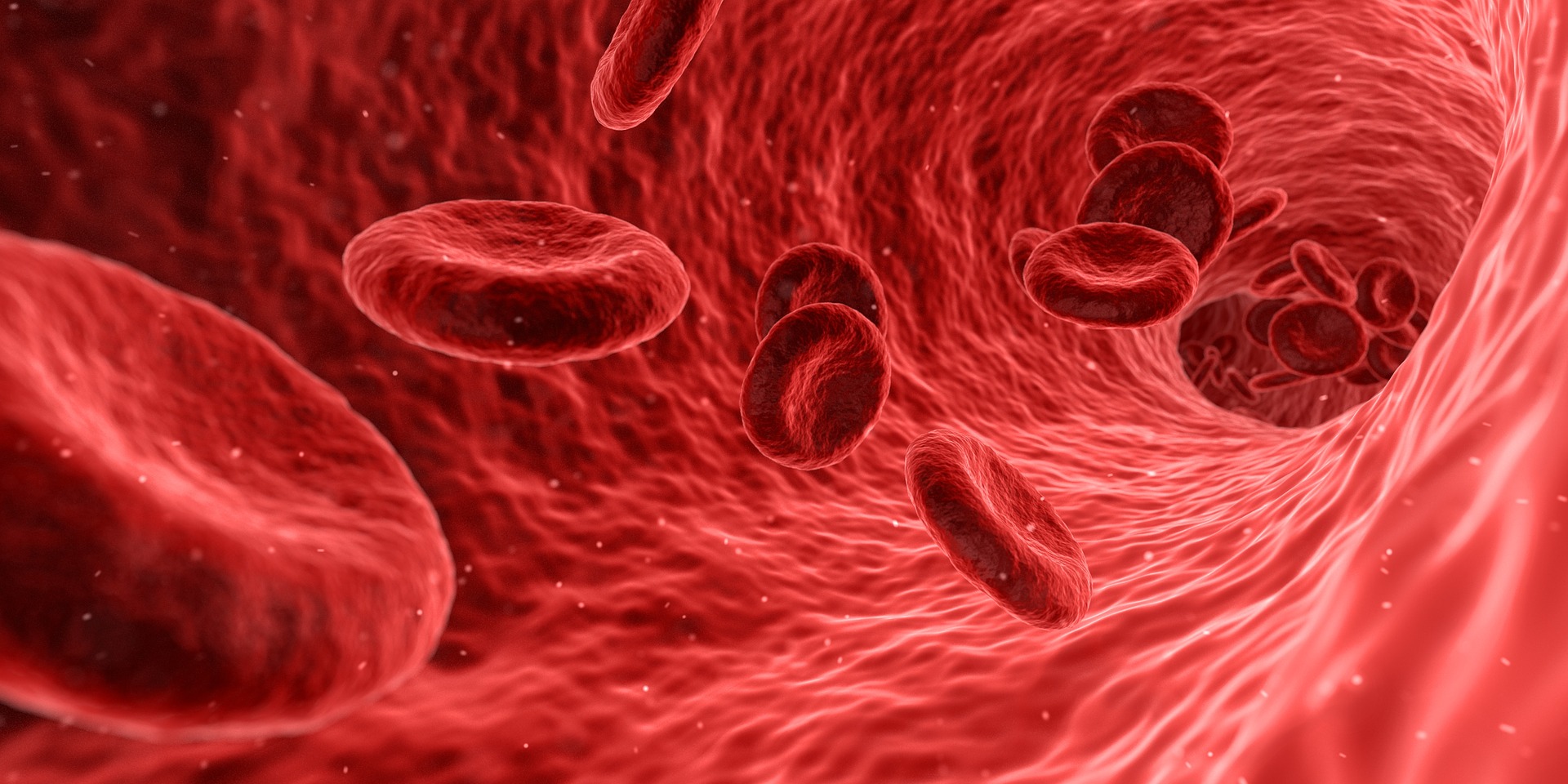News release
From:
Another promising approach for hard-to-treat blood cancers
For patients with some hard-to-treat blood cancers, a simple “off-the-shelf” immunotherapy is achieving promising results.
A clinical trial of the developmental drug Glofitamab has shown it can produce a durable “complete response” – meaning the cancer became undetectable - in patients with relapsed or treatment resistant B-cell lymphomas.
One option for these patients is CAR T-cell therapy – also an immunotherapy but one which involves collecting the patient’s T-cells and reprogramming these cells in a laboratory to form a cancer-fighting infusion.
Peter Mac’s Group Leader for Aggressive Lymphoma, Dr Michael Dickinson, said Glofitamab had shown early impressive results in a similar group of patients.
“CAR T-cell therapy is a game-changer for how we treat blood cancer patients who have exhausted conventional treatment options,” said Dr Dickinson.
“The complexity of CAR T-cell therapy has also highlighted the need for more off-the-shelf options and, with Glofitamab, we are now starting to see these emerge.
“These trial results are impressive and support ongoing assessment of Glofitamab in larger scale trials, both as a single agent and in combination with other drugs.”
The 171 participants in the Phase I (dose finding) clinical trial had B-cell non-Hodgkin lymphoma which had relapsed or stopped responding to treatment. More than half (53.8%) showed an anti-cancer response to the drug, and more than a third (36.8%) had a complete response.
The response rate, and complete response rate, increased to 65.7% and 57.1% respectively in a group who received a dose to be tested in a future Phase II trial. Among patients with a complete response, for most (84.1%) this was enduring and the longest tracked patient was cancer free for more than two years.
The drug’s most common adverse event was cytokine release syndrome - which is also a potential side-effect of CAR T-cell therapy requiring close management. A paper describing these trial results in full is published in the Journal of Clinical Oncology.



 Australia; VIC
Australia; VIC


